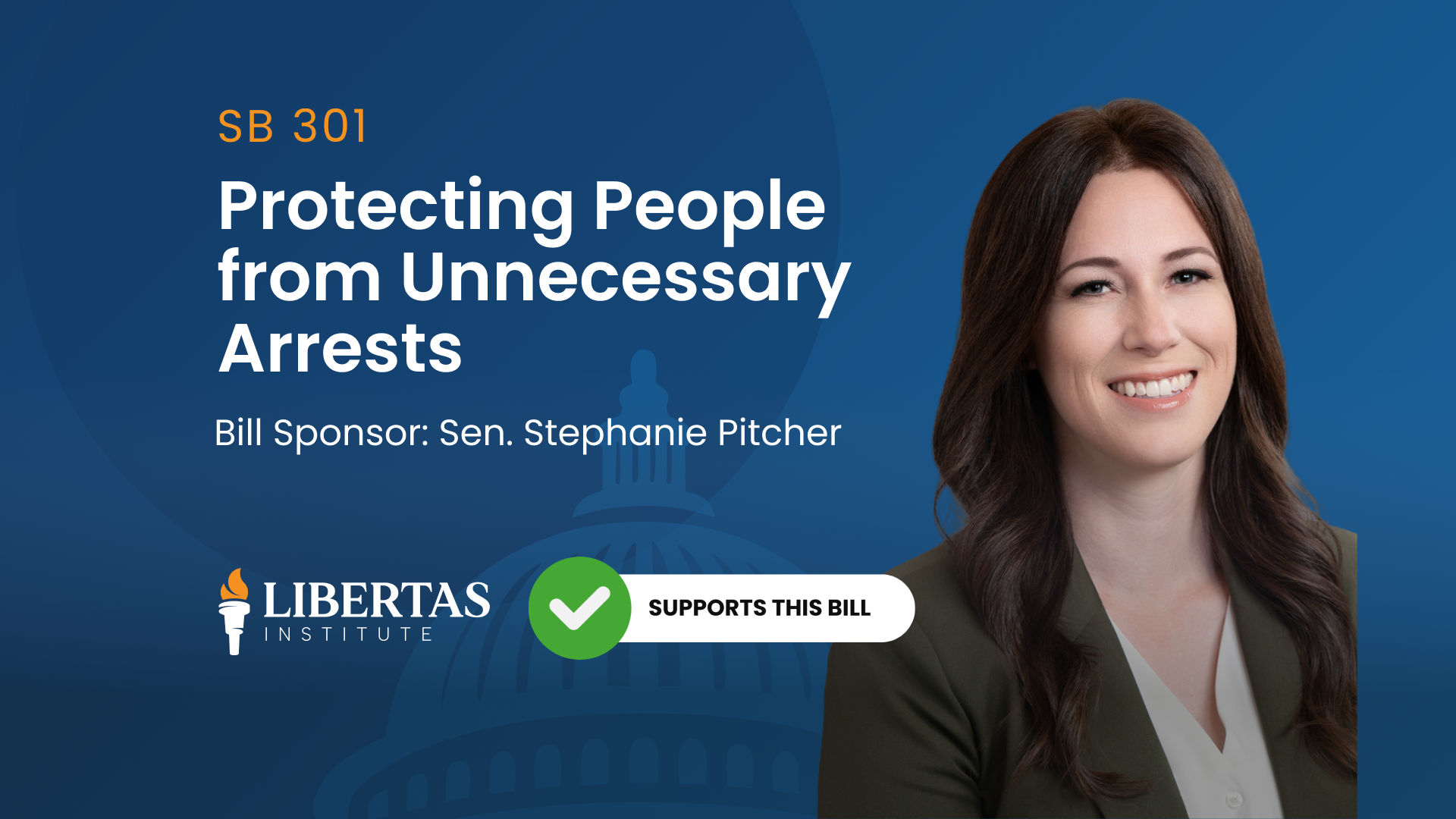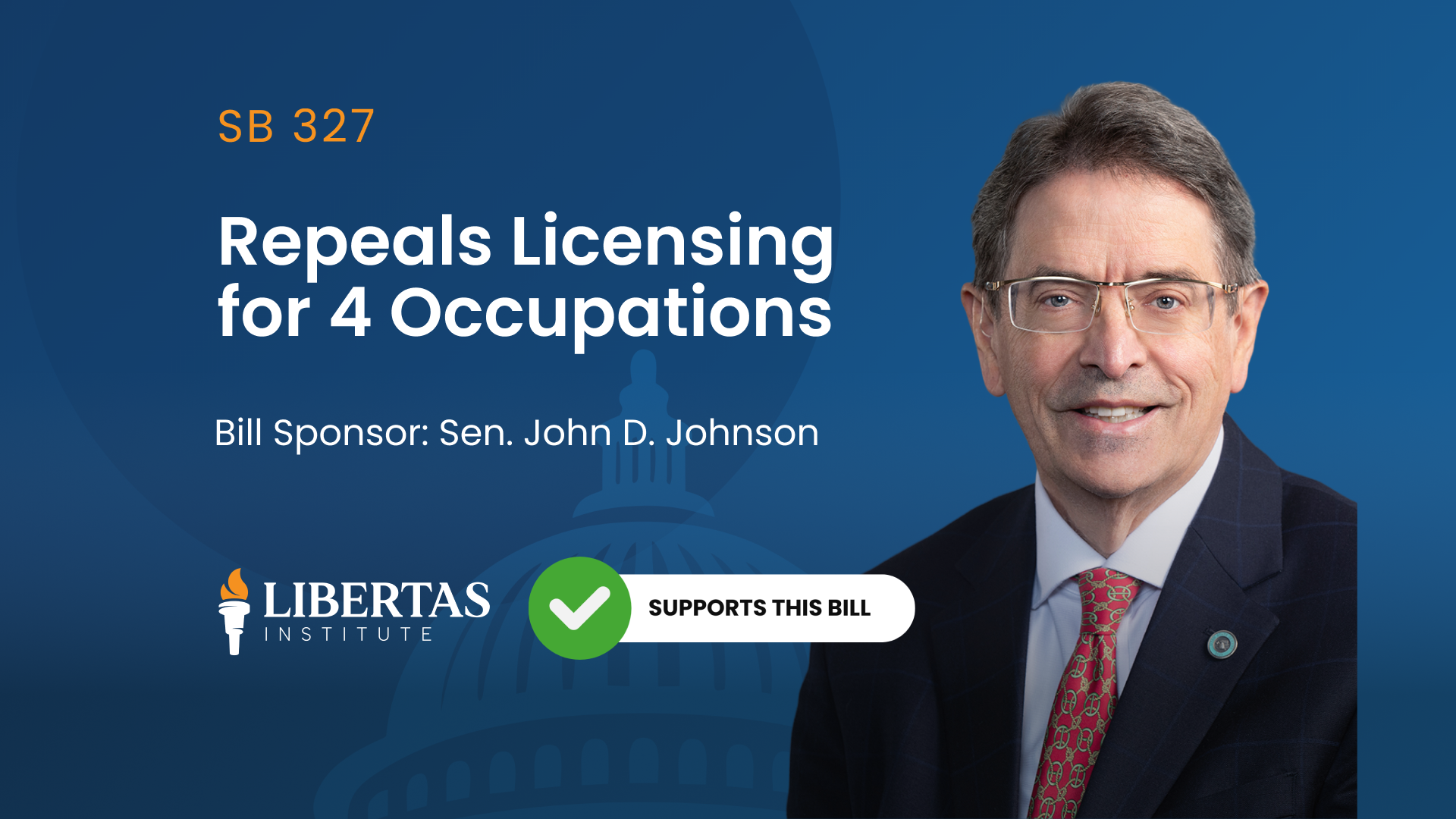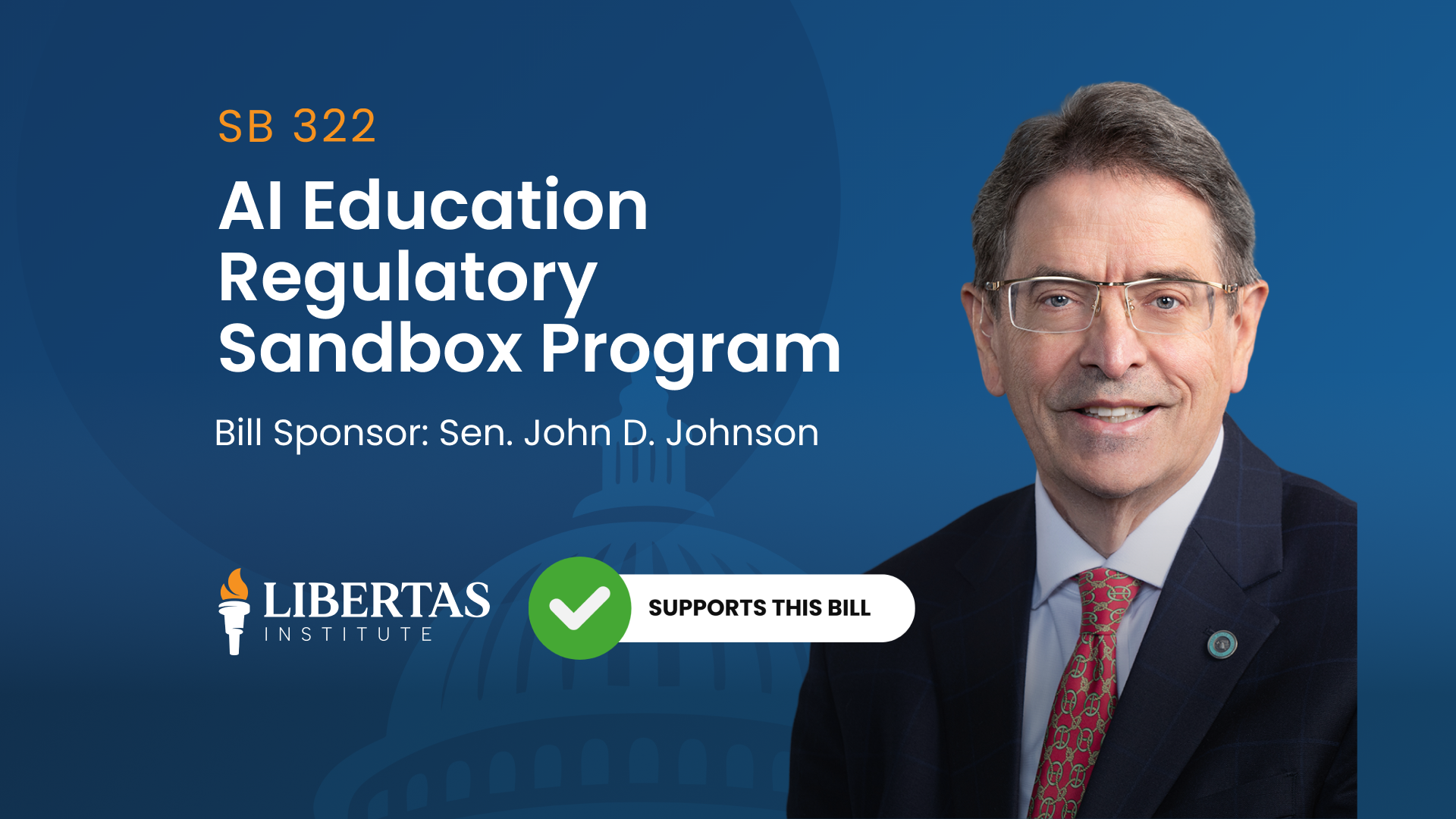This bill passed the House unanimously and passed the Senate 27-1. Review our tracker for more information.
Libertas Institute supports this bill
Last March, the Biden administration encouraged the Federal Reserve to explore digital currencies, or digital dollars. Yet while the Fed said it was “looking into” a Central Bank Digital Currency (CBDC), states have already sprung into action to block the move – perhaps prematurely.
Early state CBDC bans have been criticized for being premature, especially since CBDC is only a proposal. But some of the concerns with a CBDC have merit.
The most apparent is the negative effect a CBDC could have on the financial system. As some have suggested, creating a retail CBDC accessible to everyday consumers would create a more attractive alternative to private bank deposits. The issue is not whether consumers will prefer CBDC to ordinary deposits, it’s whether such a move will impact private banks’ ability to lend, which would disrupt the overall health of the financial system.
The second concern is that a CBDC will attract consumer interest but carries a significant risk of compromising their financial privacy. Using a private bank as is the standard now, law enforcement needs a warrant to access private bank records. But a Fed-issued CBDC would seem to eliminate the expectation of privacy that ordinarily would necessitate a warrant because the transaction activity is already with the government.
There is little a state can do to prevent the federal government from issuing currency. There’s also little information available about what, if anything, should be done in state legislatures in response to a hypothetical CBDC. However, HB 164 proposed by Rep. Tyler Clancy is an appropriately measured response.




